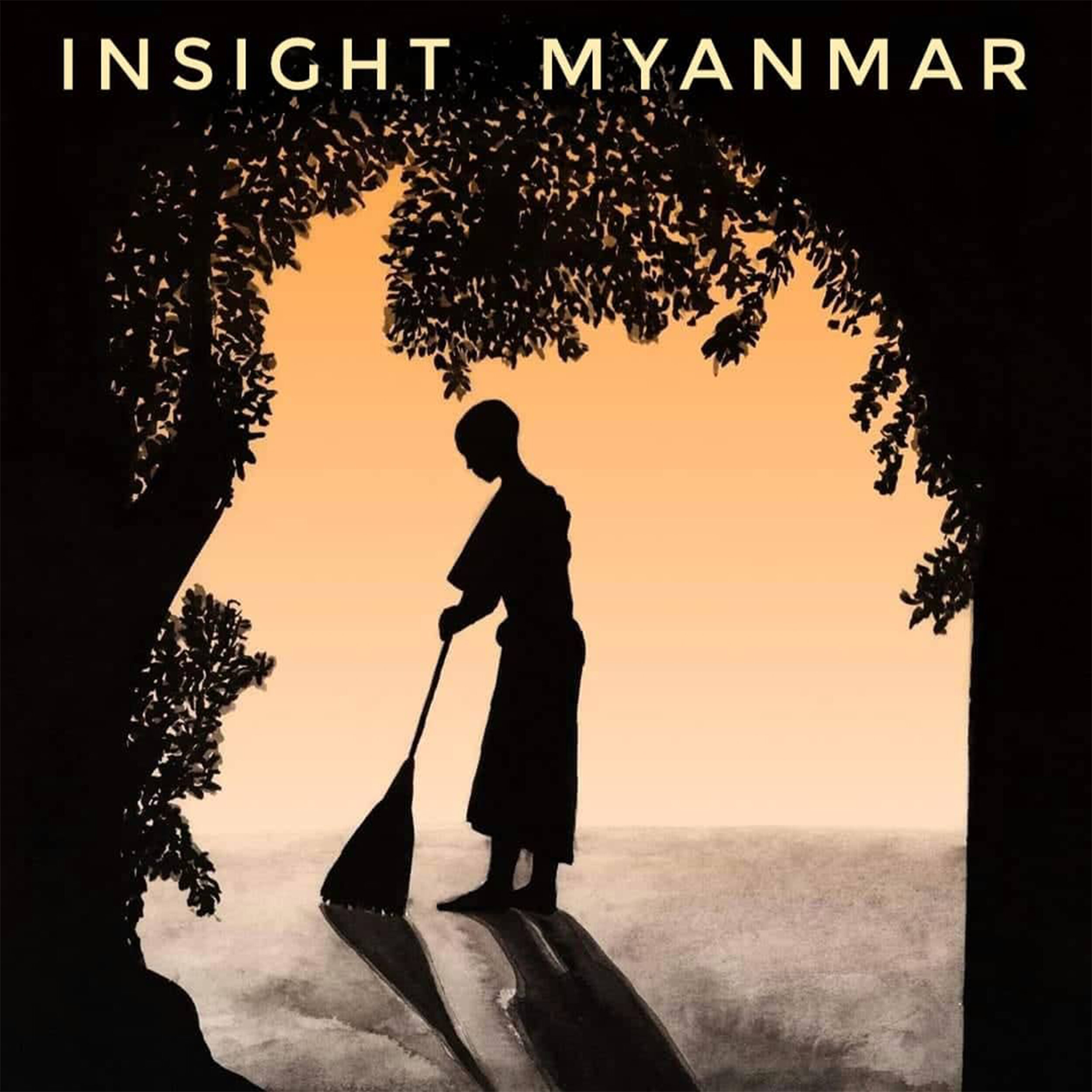How you Break Brainwashing: What Defected Soldiers are Doing to Win Victory for their People!
The following donation update comes from the folks behind Breaking Brainwashed, a collective of former soldiers—and their spouses— who have since joined the democracy movement and now encourage ongoing defections. These soldiers, recruited from those sectors of society where there are few other opportunities in life, are then fed a litany of mistruths and propaganda which justify their ensuing brutality. For this reason, the work of Breaking Brainwashed is critical, in that it produces media challenging the lies that the military has fed them, instead giving them the true information about their country and using these stories to open their hearts and change their minds… which we all hope will lead to a better and more peaceful country.
Better Burma provided a grant towards their media and advocacy work, and we share their update here. This grant was only made possible by the generous contributions of our supporters and donors! We thank all those who have helped our mission and donated.
“Providing soldiers with accurate information about the current political situation and encouraging their involvement in a low-impact, democratic manner is essential.”
Myanmar is grappling with significant political and social challenges on its path to democracy. The country has endured decades of military rule characterized by human rights violations and civil liberties restrictions. In 2011, the junta introduced a series of political reforms, seemingly paving the way for a transition to a quasi-civilian government. The international community held high hopes for Myanmar's development into a democratic system.
Despite early progress, Myanmar's journey to democracy remains a distant goal. The Rohingya crisis that began in 2017 brought to light grave human rights abuses committed by the military, drawing international condemnation. This incident served as a stark reminder of the military's continued dominance of Myanmar's political landscape.
In February 2021, the military staged a coup, toppling the democratically elected civilian government and suspending democratic institutions. The coup sparked nationwide protests and democratic movements, met with the military's brutal use of force. Political oppression remains rampant in the country.
Moreover, the military's control over state institutions, including the media and communication channels, has severely limited the flow of accurate information to the public. The lack of information hampers citizens' ability to make informed decisions and participate actively in democratic activities.
Soldiers within the military play a crucial role in shaping Myanmar's political landscape. Providing them with accurate information about the current political situation and encouraging their involvement in a low-impact, democratic manner is essential. To achieve this, our social media campaigns aim to promote defections from the military and increase their engagement in the democratic movement.
Through the "Breaking Tatmadaw Brainwashed" YouTube channel and personal content via BBM Media, the program highlights human rights violations by the military, successfully encouraging soldiers and their spouses to stand up for justice and join the movement as the best decision for their children's future. Daily contact with serving soldiers, who are often in a state of conflict, helps address their concerns and facilitates their safe departure from the military through careful and systematic screening methods.
Under the banner of "Women's Voices in the Spring," a weekly program, we are now gathering stories from CDM soldiers' wives who have defected to share their experiences in the army and broadcasting the voices of oppression. This program also works to mobilize women whose husbands still remain in the military and is presented and broadcast through the “People's Soldiers' Wives” Facebook page. The program extends beyond CDM military wives to include women from various sectors participating in the Myanmar Spring Revolution. It aims to promote women's freedom of expression, address the difficulties and violations of women's rights, increase women's participation in various economic and political roles, and make women available in crucial sectors. In addition, broadcasts target women remaining in the military, providing information on women's and human rights, helping liberate them from oppressive and discriminatory situations.
The support from Better Burma has been instrumental in Myanmar's political efforts to restore democracy. I would also like to express my appreciation and respect for Better Burma's invaluable support.
